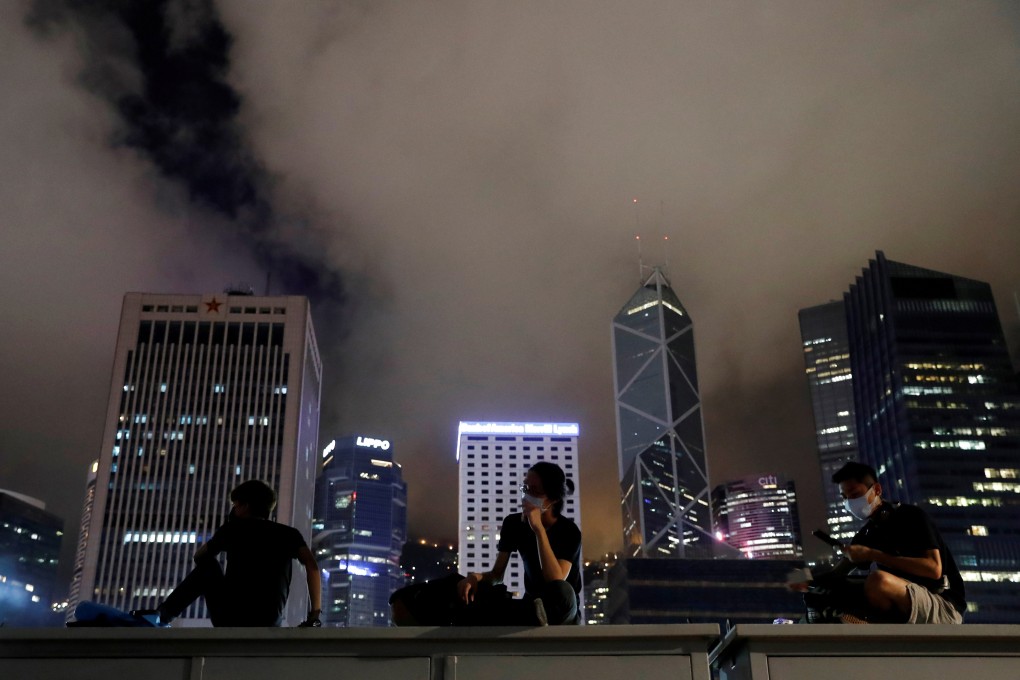Opinion | We need to bring hope back into the lives of young Hongkongers
- Hopelessness has been found to be a major risk factor for suicide. While it’s sad that a few might have been driven to despair by recent events, we must take a cautious approach to those cases for the sake of other vulnerable people

Psychologist Charles Richard Snyder has described suicide as a final act of hope, which might sound paradoxical, given that research over the years affirms the role of hope in protecting people from psychological distress and promoting the ability to cope with the demands of life.
According to Snyder, hope is the will and the way to reach goals; hopeful individuals have stronger wills and more ways to achieve their aims. Yet, what happens when one’s goal is to end one’s life? If death is the final goal, one might make the most of one’s willpower to initiate and sustain an effort to figure out how to make a fatal suicide attempt.
In Greek mythology, when Pandora opened the box, she unleashed the evils in it but also found hope. Was hope a mitigating force of good, or was it one of the evils? After Pandora closed the box, keeping only hope, was it a blessing or a curse?
Answers to the above questions may depend on whether one’s hopeful thinking is related to living or death. In normal circumstances, what people hope for and what goals they set should be related to positive outcomes in their lives. It is only when people perceive their pursuit of goals related to living to be completely blocked that they, in a state of hopelessness, set themselves the final goal to remove themselves from an unbearable situation.
